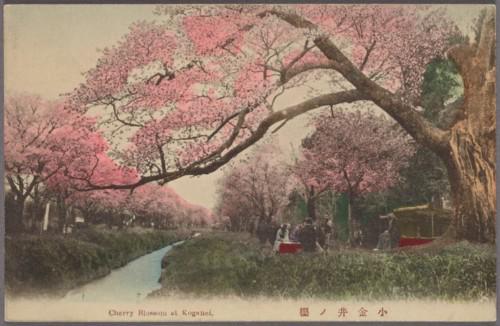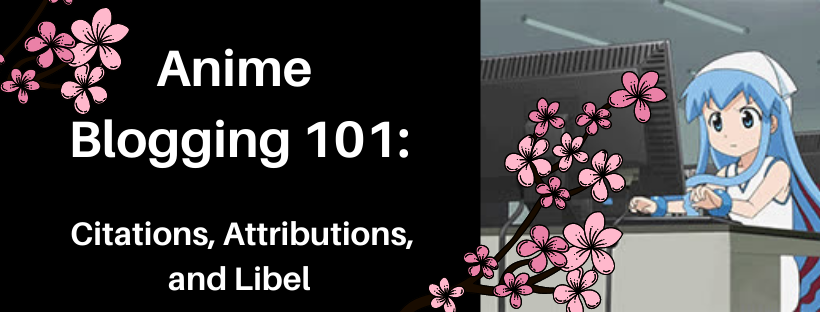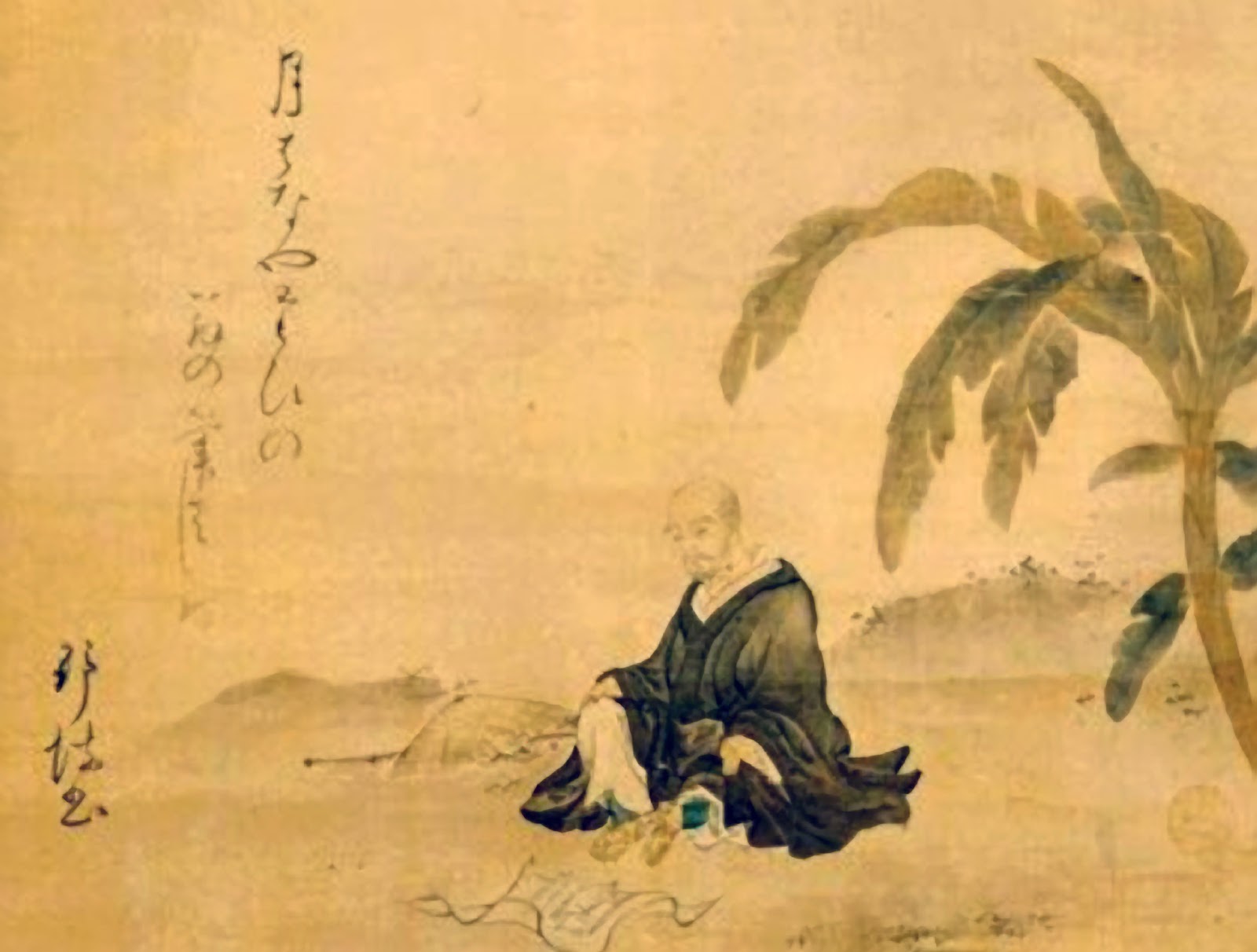
Source accuracy matters. How do I determine the accuracy of the sources I use? Well, first I try to avoid Wikipedia. Some of my early articles used Wikipedia, but over time I learned just how inaccurate Wikipedia can be. Anyone can add or delete information. Experts may edit or write an article, but someone in high school could just as easily change the expert’s article. Antipathy toward expertise is a problem even Wikipedia’s co-founders Lawrence Sanger acknowledges (Levintin,2014).
Wikipedia is decent for a general idea about a topic as long as you keep in mind its potential to be inaccurate. Sadly, there is no way to know if you are reading an accurate article or not. Jimmy Wales, the founder of Wikipedia, states experts should have no more respect than newcomers to Wikipedia. Often people are contrary because they consider it being fair and balanced. Contrary isn’t the same as showing both side of an argument. There are times when the opposing side has no place being mentioned because they lack evidence.
However, not all information is valid, contrary or not. Fair and balanced information tries to reveal all aspects surrounding a topic. It doesn’t matter if that information is contrary or agree with established knowledge. But why would someone be inaccurate with an educational article?
Causes of Information Inaccuracy
Three issues cause inaccuracy (Levintin, 2014).
- bias
- desire to maintain status quo
- preselection effect
Bias deals with personal preferences and limits of knowledge. For example, because I study Japanese culture, I tend to also understand Chinese culture through its relationship with Japanese culture. That creates blind spots and misunderstandings with how I understand China.
The desire to maintain status quo blinds people to information that undermine their expertise or their vested interests. You can see this in business. A business may resist an idea that may benefit it but at the cost of the corporate culture.
The preselection effect deals with who writes information. Often, those who are most qualified to write an article are unable to do so.

Why does this matter for an anime blogger? Why should we care? Well, this matters to everyone who seeks information. Misinformation is a serious problem on the Internet. Don’t misunderstand, it is great that anyone can publish online. But it leaves the seeker solely responsible for finding accurate information. Before the internet, responsibility for accuracy fell on the author more than readers. Now, readers must be careful. As bloggers, we cannot accurately express ourselves, educate our readers, or make proper decisions without good information. We need to be skeptical toward all information, including those found in vetted sources like academic journals. If you are writing a blog post, you want the post to be as accurate as possible. You want it to represent you.
There are several questions to ask when looking at an information source:
- What is the goal of the author?
- What bias do I see?
- What information is missing?
- Are sources cited?
- Are sources high quality?
The goals and bias of the author impacts information. That is why I attempt to point out my bias and goals in my articles. It is impossible to include all information in a single piece. The act of writing requires selection and omission. After all, you can only write what you understand. The goal of the author and her views determine what information is present and disregarded. Sometimes, the author isn’t aware of some information. Therefore it cannot be included. While this seems obvious, this matters. We don’t know what we don’t know, and this causes us to miss vital information.
\To avoid this, collect as much information as you can about a topic, including indirect information. For example, when I work on a folklore project, I pull documents loosely related to my chosen topic. When I researched for Come and Sleep, I pulled articles about European foxes, Chinese foxes, and Native American foxes to shed more light on kitsune. Most of this information wasn’t helpful, but I found links and a few bits that the articles focused on kitsune failed to mention.
It is important to cite your sources for readers to review. It helps readers and fellow bloggers see what could be missing. It also helps them continue with their own research. While few will do this, those that do will appreciate your consideration. Citations do not protect you from plagiarism, but they do lend weight to your work. However, they can also mislead readers if your information is inaccurate or incomplete. Citations lead them to believe the information is complete. Again, we don’t know what we don’t know.
As a librarian, I am concerned with connecting people with accurate information. But the act of writing automatically creates the issues I’ve discussed. We understand information through our individual lenses. This shapes information into something usable. However, we need to remain cautious about problems with bias, omission, and blatant misinformation.
What is the take away? Don’t rely solely on Wikipedia. Its information is suspect. Use your own judgment on sources found in vetted databases and online. The extra effort helps you craft higher quality blog posts and helps expand your understanding on anime, manga, and Japanese culture.
References
Levitin, D. (2014) The Organized Mind, New York: Penguin Group.



